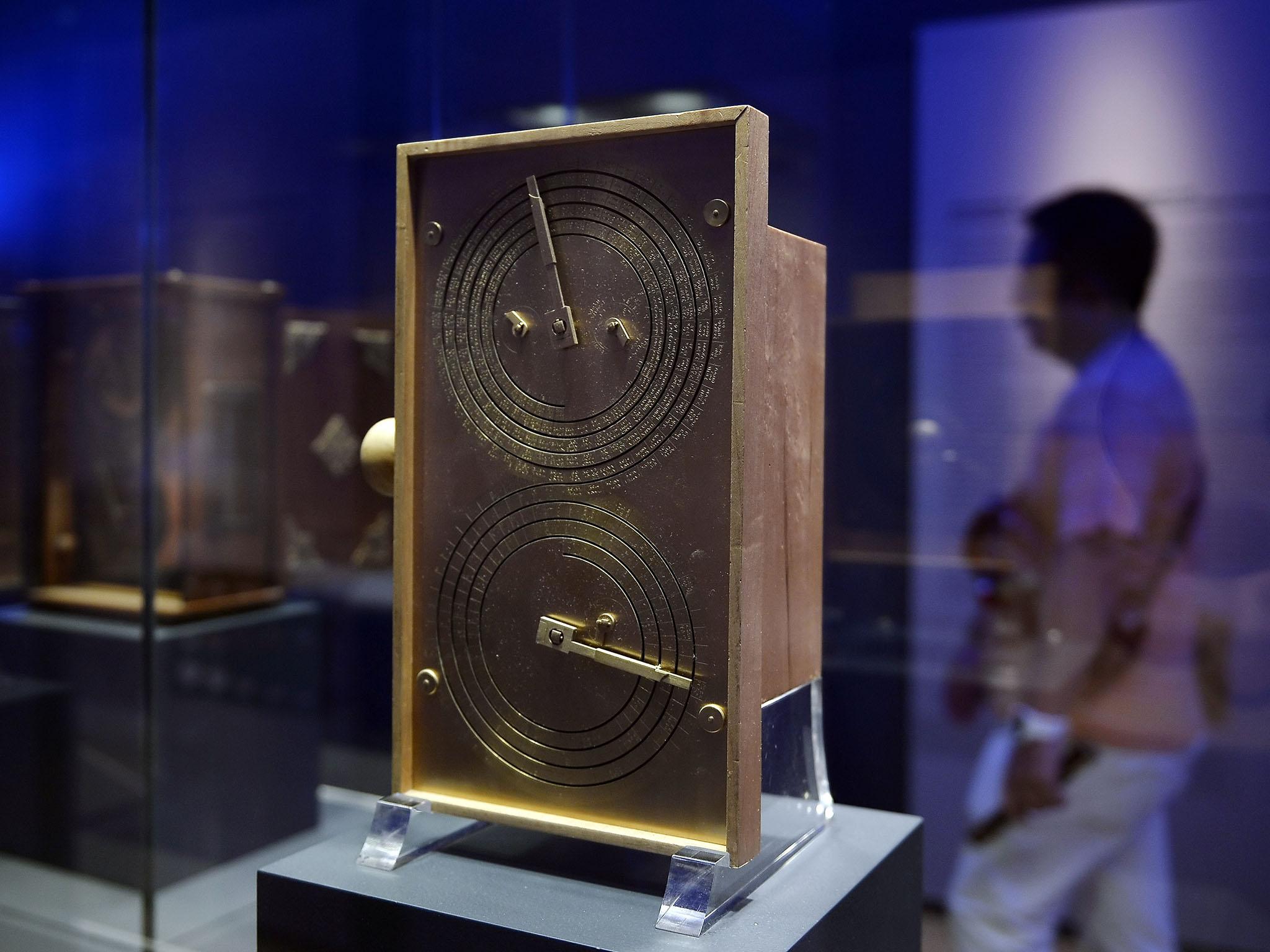World’s oldest computer from 60BC used to read stars and tell future, study reveals
Device created 2,000 years ago has been analysed using x-ray technology

An astronomical calculator dating back to 60BC Ancient Greece may have also been used to predict the future, researchers have revealed.
The Antikythera Mechanism, described as "the world’s first analogue computer" was created 2,000 years ago and discovered in 1901 in a shipwreck off the Greek island of the same name.
Remaining fragments of the device have been pieced together over the past 12 years using x-ray imaging technology, revealing the secrets of the device.
It was previously revealed the calculator had been used by the Greeks to map the movements of the planets and stars across the sky, as a means of navigation.
However, scientists have now decoded the broken inscriptions on the surface of the device, which appear to reveal an astrological purpose.
Professor Mike Edmunds, from University of Cardiff’s astrophysics department, told a conference in Athens: “We are not quite sure how to interpret [the inscriptions], but they could hark back to suggestions that the colour of an eclipse was some sort of omen or signal.
“Certain colours might be better for what’s coming than other colours. This is the first instance we have in the mechanism of any real mention of astrology rather than astronomy.”
The Antikythera Mechanism is a complex clockwork mechanism consisting of over 30 meshing bronze gears, designed by Greek scientists sometime between 150 and 100BC.
Before the discovery of the device, researchers thought such technology had not existed for well over 1,000 years after.
All known fragments of the Antikythera Mechanism are currently held for research at the National Archaeological Museum in Athens.
Join our commenting forum
Join thought-provoking conversations, follow other Independent readers and see their replies
Comments